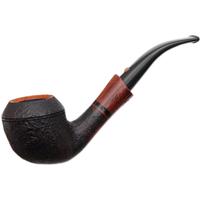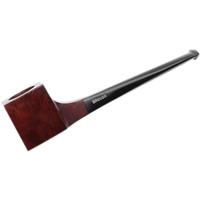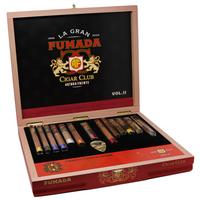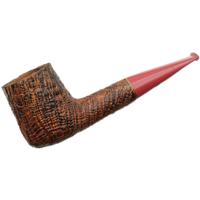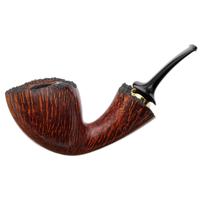Now you're getting deep and I agree with everything you have said. But before I get into theory, I want to say that I am a huge fan of Pipedia and it is my first stop, almost always, and I certainly didn't mean any disrespect to those who dedicate precious time to it. It is a fantastic resource.
Eons ago when I did my degree, the internet was in its infancy and people just didn't have personal computers. I used libraries and books and the only time I used a computer was to type my thesis. Since then I have done, and am continuing, to study post-grad. I look back and wonder how on earth I managed without Google. The nature of research has changed; in some ways for the better, and in other ways, for the worse. But it has changed completely. My degree was in philosophy which is not a research-based subject in that as long as you can apply valid logic to an argument, any old crap will do (and in my case, did); my post grad stuff is in ancient studies, specifically Egypt and the Middle East, which is decidedly research-based.
Absolutely agree with your comments on primary research, and I think this is where the internet has made the most significant impact. I can now spend a week raking up old PhD thesis (or theses to be technically correct), getting ideas, studying bibliographies, looking for sources etc. But if I turned up to a supervision with primary research, I'd be sent down. Primary research is just that - it is effectively pre-research. Once you have completed primary research, for me at least, the internet plays a limited role. It's back to the library (sometimes on another continent) to determine if your primary research has uncovered resources that can be verified. And that is where the hard work begins. As you know, it is 95% looking for verification; if it can't be verified with other methods of research (in my case, looking at translations of translations, spending days translating 4000 year old documents to find that they are account ledgers) then it amounts to nothing. A good example is Champollion who first translated hieroglyphs. Until he found the Rosetta stone (which actually was an account ledger), his efforts were all primary research - nothing could be verified.
I'm starting to babble, so I'll conclude. The internet has made primary research easy in some ways, but in others, it has made it considerably more complicated. We now have so much primary research material that, unless you go back to good ol' fashioned scholarship, your research means nothing, because, as you have said, minor inaccuracies become major inaccuracies, which ultimately become 'truths'.
And so it is with history (perhaps more so than any other subject). I'm willing to bet an Ashton that your knowledge has been obtained by going over original catalogues, manifests, receipts, invoices, genealogy charts etc. etc. And the 1908 meerschaum is an excellent example. Had I attempted to validate that research, I would have discarded it because of the discrepancy. I spent a couple of weeks on this pipe, on and off. Yes, it was time and effort, but it was still primary research. To achieve an accurate understanding, primary research is never enough. I was lucky in that people who had done the hard stuff (the secondary research and validation): you, Jesse, et al, were happy to share that knowledge with me.
Paul has just given another prime example with his Triumph. The larger the role the internet plays, the more necessary skepticism becomes.





